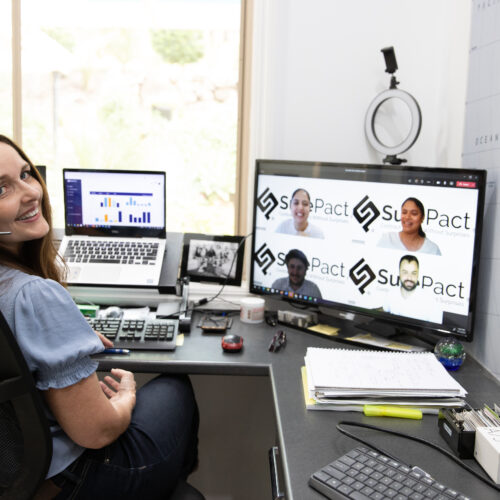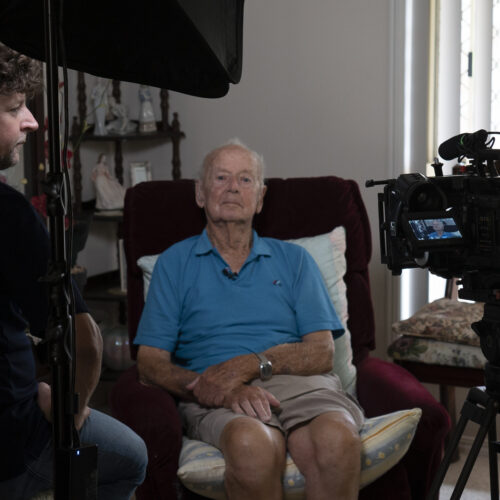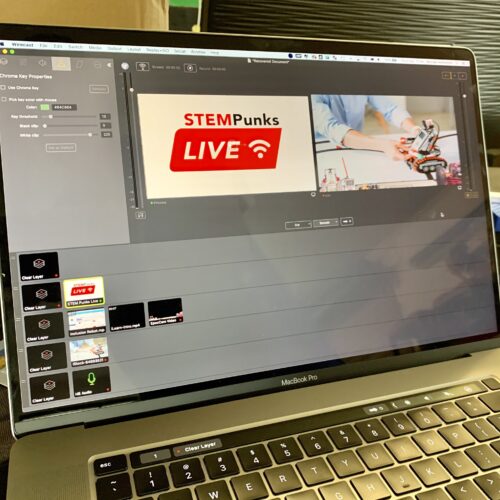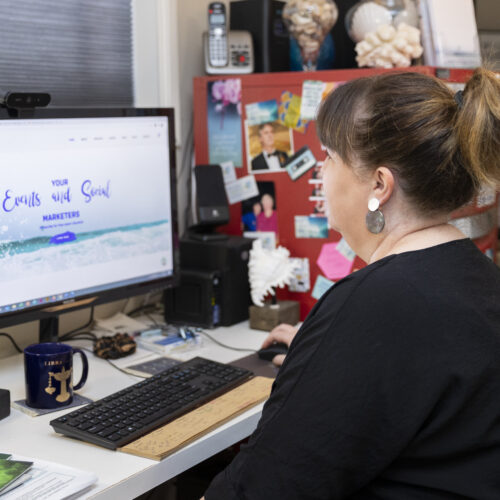Brian and Cheryl Springer started Springers Solar in 2002, initially to provide power solutions to the growing camping and 4WD market. The solar power business has grown into a successful family firm, which now offers customised solar power services to residential and commercial clients, designing, supplying and installing solar power systems, as well as providing ongoing support. They employ over 50 staff, some of whom have been with the firm for over 15 years. In late 2019, Brian and Cheryl handed over the reins of the business to their three sons Michael, Eddie and Joe.
When they established Springers Solar, solar energy was still very new in the market and slow on the uptake. Michael explains, “in those days, solar wasn’t trusted. It was something greenies did”. Today solar is more accepted and popular, and the business has experienced considerable growth.
A major aspect of the business and sales operations is personalised consultations with clients, customising services to suit their needs. This involves explaining, educating and mentoring clients on the complex elements, workings and choices of systems involved in solar power and ideally comprised face-to-face consultation onsite and at the workshop. Prior to COVID-19, the online side of Springers Solar only provided minimal revenue (0.5% of sales).
COVID-19 impacts
The onset of COVID-19 restrictions and related impacts posed an existential threat for Springers Solar. Lockdowns meant that potential sales were severely reduced and there was the added complexity of physically completing their current installations with small teams, while adhering to social distancing regulations.
The brothers had to find a way to survive, not only for themselves, but also for their staff. Growth plans were abandoned, and all marketing expenditure halted. The crisis raised levels of anxiety and was mentally draining for the brothers as the new management team. Michael explains, “it was decision overload in a high uncertainty environment, playing a constant high-risk game where failure meant the loss of an 18-year-old family business, and that of our valued staff.”
Some COVID impacts were fortuitous for the solar industry and ultimately provided an opportunity for Springers Solar to increase their retail trade both in-store and online over the longer term. Travel restrictions increased demand for camping holidays and recreational vehicle solar and battery installations. Home office expansions and home renovations also increased demand for residential solar power.
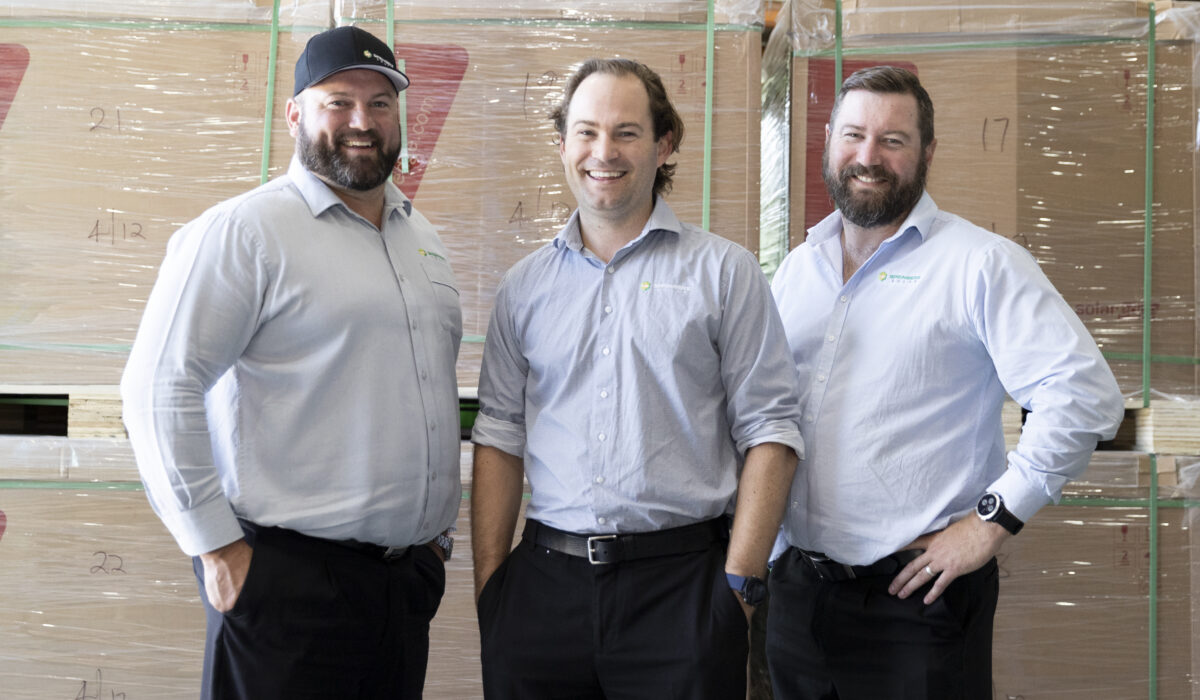
Response
Springers Solar’s initial response was aimed at survival. The brothers quickly developed a strategy that first aimed to insulate them from the crisis and then allow them to move quickly in order to respond to the changing situation. Michael says they had to ‘build a war chest’ - identify and minimise risk, build support resources and bolster financial reserves.
The first thing the team did was to transfer all account customers to cash only, which their customers took well. This was followed by renegotiating terms on Springers Solar’s payments and loans and reviewing and reducing costs. The brothers quickly recognised the need to secure their supply chain to enable to continue completions of installations and maintain cashflow: “We can’t operate if we don’t have the stock,’’ Michael recalls. Nearly all funds were used to buy stock, before competitors realised the same thing.
Springers Solar also sought government support. They applied for government loans and took advantage of stimulus packages where they could. The business managed to hold on to all staff, but delays in receiving JobKeeper meant some staff were asked where possible to take their leave.
To comply with COVID safety measures, staff that could work from home were offered the opportunity, while those needed onsite for installations were divided into pods of four staff members. Staff in each pod were not allowed to physically interact with staff from other pods. The reduction in the size of installation teams from six to four, necessitated buying an additional truck. These changes initially impacted negatively on productivity because team members had always worked in larger teams.
Springers Solar upgraded their digital infrastructure with faster internet connection and a new telephone system to better cope with increased staff communication and working from home. They also launched a new website with e-commerce capabilities, and substantially upgraded their online shop with more product listings, and a wide selection of bundles of DIY solar and battery kits along with improved product downloadable information and instructional videos. The work required hiring additional staff to process orders and purchasing a new delivery vehicle.
Future
These adaptations to the way they do business have resulted in a giant leap forward for Springer Solar. The pods and working from home have become their new reality and productivity is increasing as their team become accustomed to smaller teams. At the end of November 2020, revenue from online sales reached 22 per cent and demand for residential and commercial solar installations has never been stronger. Michael says that this is likely due to competitors’ inability to source stock. The growth in the business has already enabled them to gain back those lost sales and has even led to hiring more staff.
